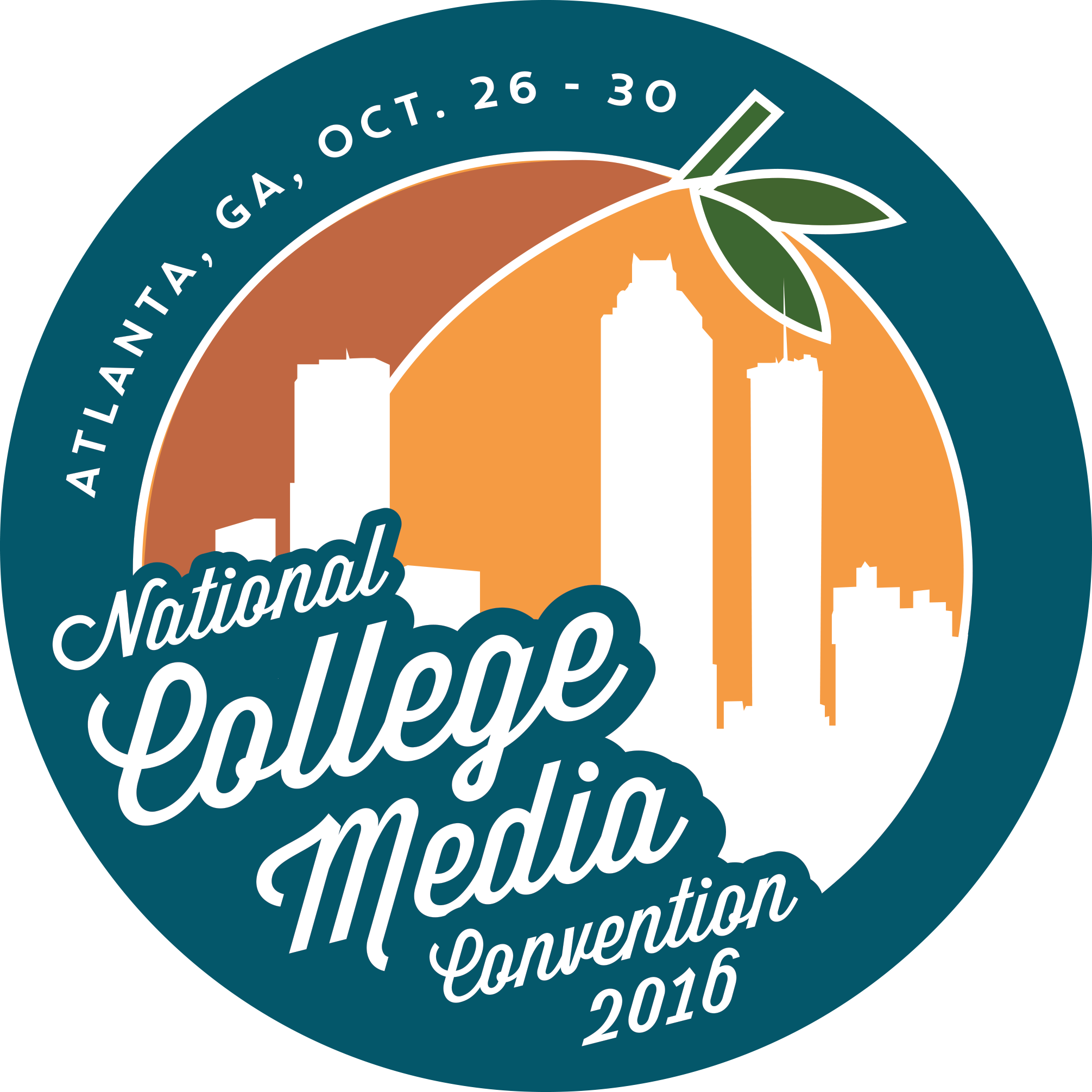How to Enhance Student Media Programs with Innovative Educational Approaches
In today's rapidly changing educational landscape, student media programs are taking on a new dimension. As educators, media advisors, administrators, and professionals involved in these programs, it's essential to keep up with innovative educational approaches that can enhance the learning experience for students. This article delves into strategies that can transform student media programs into dynamic hubs of creativity, skill development, and critical thinking. One way to achieve this is by encouraging students to engage in in-depth research and produce quality custom essays from https://qualityessay.com/ that explore relevant and thought-provoking topics. This not only hones their analytical and writing skills but also fosters a sense of intellectual curiosity and academic excellence.
Fostering Creativity and Skill Development
Embracing Project-Based Learning: Engaging Hands-On Experience
Project-based learning (PBL) is a powerful tool for engaging students in real-world media projects. Encourage students to work on hands-on projects, such as creating podcasts, producing documentaries, or designing interactive websites. By immersing themselves in practical tasks, students develop not only technical skills but also problem-solving abilities and teamwork.
Collaboration Beyond Boundaries: Networking and Cross-Disciplinary Projects
The boundaries of media programs can extend beyond traditional confines. Encourage collaboration between media students and those from other disciplines like arts, sciences, or social studies. This cross-pollination of ideas can lead to innovative projects that address complex societal issues and provide students with a holistic learning experience.
Mentoring and Industry Partnerships: Real-World Insights and Guidance
Bringing real-world insights into the classroom is invaluable. Connect students with mentors from the media industry, arrange workshops, and establish partnerships with media organizations. These interactions provide students with practical guidance, exposure to industry trends, and a clearer understanding of potential career paths.
Leveraging Technology for Immersive Learning
Virtual Reality (VR) and Augmented Reality (AR): Transporting Audiences
Technology has opened up exciting possibilities for immersive storytelling. Explore the world of virtual reality and augmented reality to create captivating narratives. Students can develop VR tours of historical events or use AR to enhance print media with interactive elements, pushing the boundaries of traditional media formats.
Interactive Multimedia Platforms: Enhancing Storytelling and Engagement
Digital platforms offer new ways to engage audiences. Encourage students to experiment with interactive multimedia tools, creating engaging content that encourages active participation. From interactive videos to gamification, these approaches make learning a more dynamic and participatory experience.
Data Analytics and Visualization: Uncovering Insights and Trends
Data-driven storytelling is a vital skill in today's media landscape. Introduce students to data analytics tools that help them uncover insights and trends from vast amounts of information. Visualizing data through infographics or interactive charts adds depth to their storytelling capabilities.
Cultivating Critical Thinking and Ethical Media Practices
Media Literacy Education: Navigating Information in a Digital Age
In an era of information overload, media literacy is crucial. Teach students how to critically assess sources, detect misinformation, and navigate the complexities of the digital world. These skills empower them to be responsible consumers and creators of media content.
Storytelling with Impact: Addressing Social and Global Issues
Encourage students to use their media skills for meaningful storytelling. Guide them in addressing pressing social and global issues through their projects. By tackling topics that matter, students learn to wield media as a powerful tool for positive change.
Conclusion
As educators, media advisors, and professionals overseeing student media programs, your role is pivotal in shaping the next generation of media professionals. By embracing innovative educational approaches that foster creativity, leverage technology, and cultivate critical thinking, you empower students to excel in the dynamic and ever-evolving world of media. Through your guidance and the adoption of these strategies, you're not just enhancing student media programs—you're nurturing the future leaders of the media industry.
